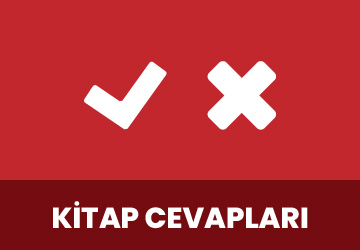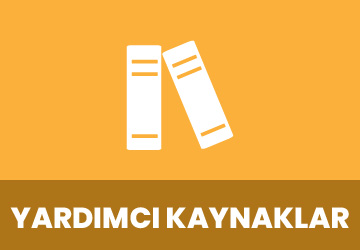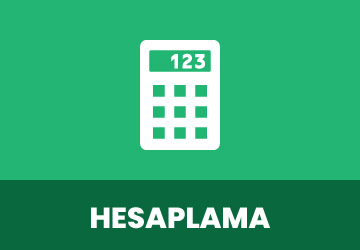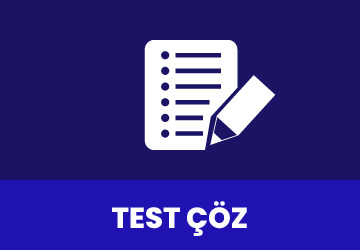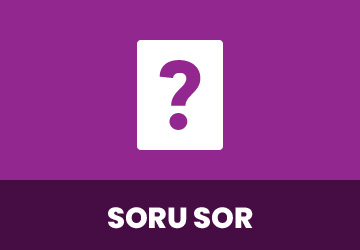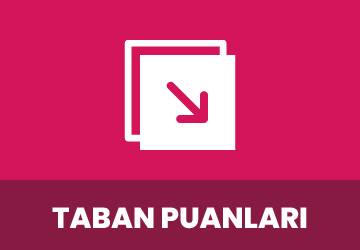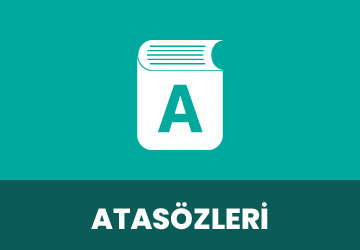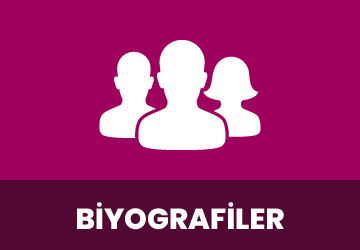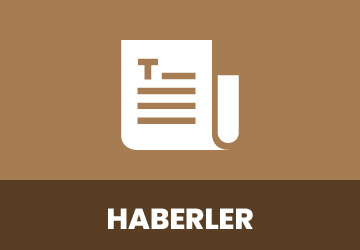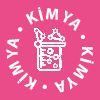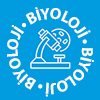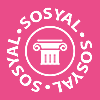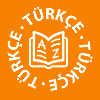
İngilizce Meb Yayınları Yes You Can B1.1 Ders Kitabı Sayfa 127 Cevabı
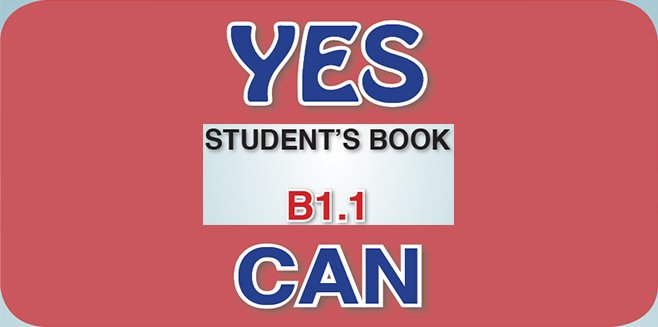

İngilizce Meb Yayınları Yes You Can B1.1 Ders Kitabı Sayfa 127 Cevabı
2017 – 2018 Eğitim Öğretim dönemiyle beraber pek çok ders ve çalışma kitabı değişti. Değişen ders kitaplarından biri de “İngilizce Meb Yayınları Yes You Can B1.1 Ders Kitabı Cevapları” oldu. Kitabı incelediğimizde ise Devrim ÖZBEK, Hatice KUMRAL, Sevinç ÖRER tarafından 132 sayfa olarak kaleme alındığını görüyoruz. Kitapta görseller ön plana çıkarılmış ve görsel tasarım ise Beyza DİRİK, Zafer HAŞİMOĞLU tarafından yapılmış.
“İngilizce Meb Yayınları Yes You Can B1.1 Student’s Book Sayfa 127 Cevapları“nda önce sorular yazıldı daha sonra cevaplar verildi.
SORULAR
Here are some examples:
+ I have been waiting for an hour.
– It has not been raining for weeks.
? Have they been doing their homework?
We’ve been playing tennis for two hours.
*We use the present perfect continuous tense:
1. To talk about an action that started in the past and stopped recently. There is usually a result now. I’m tired because l’ve been running.
Why is the grass wet? Has it been raining?
You don’t understand because you haven’t been listening.
2. To talk about an action that started in the past and is continuing now. This is often used with for or since.
Examples:
I have been reading for 2 hours. [I am still reading now.]
We’ve been studying since 9 o’clock. [We’re stili studying now.]
How long have you been learning English? [You are still learning now.]
B- USED TO
1. We use ‘used to’ for something that happened regularly in the past but no longer happens.
The affirmative form is formed as : ‘Subject + used to base verb………………’
Ben used to travel a lot in his job but now, since his promotion, he doesn’t.
I used to drive to work but now I take the underground.
I used to eat a lot of chocolate but now l’mona diet.
Brian used to work in Manchester but now he works in London.
We used to go to beach for our holidays when we were children.
2. We also use ‘used to’ for something that was true but no longer is.
There used to be a cinema in the town but now there isn’t.
She used to have really long hair but she’s had it ali cut off.
The negative form is: ’Subject + didn’t use to + base verb…….’
She didn’t use to like him but now they are married.
I didn’t use to eat fish but I do now.
The question form is: ‘Did + Subject + use to + base verb…………?’
A: Did you use to go to school on foot or by bicycle, grandpa?
B: On foot. What about you now?
A: I go to school by school-bus.
C- ALL FORMS OF “USED TO” AND BE / GET USED TO
lf you are used to something, you are accustomed to it – you don’t find it unusual. If you get used to something or you are getting used to something you are becoming accustomed to it – it was strange, now it’s not so strange.
• I found Slovak food very strange at first but l’m used to it now.
• l’m getting used to driving on the right.
Both ‘be used to’ and ‘get used to’ are followed by a noun (or pronoun) or the gerund – the ‘ing’ form of a verb.
• I can’t get used to getting up so early. I’m tired ali the time.
• He ’s notused to the weatherhere yet. He ’s finding it verycold.
Be/get used to’ can be used with past, present and future tenses.
• You mightfind it strange atfirstbut you’ll soon get used to it.
• He wasn’tused to the heat and he caughtsunstroke.
İngilizce Meb Yayınları Yes You Can B1.1 Ders Kitabı Sayfa 127 Cevabı

